Be it summer or winter, squashes are an important part of most recipes. This stuffed and flavorful fruit, often confused as a vegetable, is a perfect addition to soups, risottos, and a variety of other dishes. It can also be eaten raw for healthy and nutritious snacking.
However, each squash type, summer, and winter can only be found at the peak of the season. So, if you want to try them during some other time of the year, you might have to look for their alternatives.
If you don’t know which fruits or vegetables offer the best substitute for squash, we’ve got you covered. This article will let you know about some potential alternatives that may not only serve for squash’s taste but nutrition as well.
So, keep reading!
What is squash?
Squash is a member of the Cucurbitaceae plant family. It typically comes in two varieties: winter squash and summer squash.
It could be a little difficult to categorize squash as a fruit or vegetable. It is because the majority of squash varieties have vibrant colors, much like fruits, but mild or savory flavors, much like vegetables.
Many of you, nevertheless, may not be aware that all varieties of squash have seeds and originate from the flowering portion of plants. Squash even produces edible blooms that are referred to as “squash blossoms.” So, botanically, it is a fruit!
Squash has a very strong nutrient profile. It is a good source of carbs, fiber, vitamins, and minerals and thus offers a lot of health benefits.
8 Best Substitutes for Squash
Here are some of the potential substitutes for squash. We’ve done thorough research to find these options, making sure that you don’t have to compromise on taste and nutrition!
#1 Eggplant
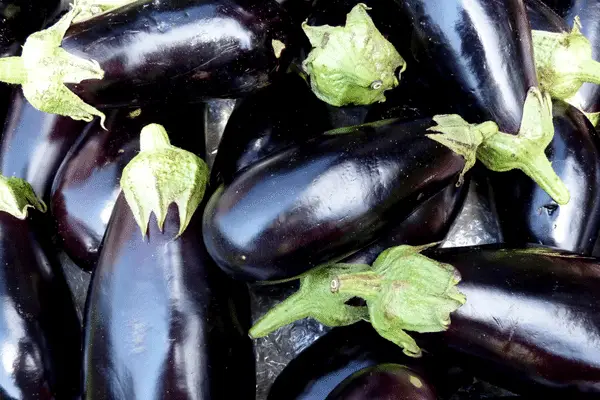
The eggplant serves as one of the finest substitutes for squash. However, Asian eggplants are preferred over European ones because the latter have tougher skin making their use a bit hard.
On the other hand, Asian eggplants are comparatively soft and readily available in grocery stores and supermarkets throughout the year. And they have a considerable shelf-life.
Eggplants not only share textural and structural similarities with squashes but they are also mild, sweet, tender, and have a touch of bitterness. Additionally, they have a good nutrient profile too. They are often recommended to people having anemia, diabetes, and similar conditions.
So, if you can’t have squash at any moment, bless your dishes with eggplants without worrying about the final product!
#2 Patty Pan
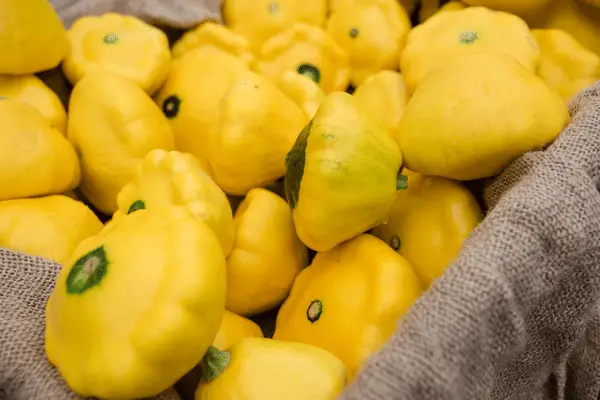
The next substitute on our list is a patty pan.
Patty pans are spherical and flat squashes that are frequently tiny in size. They can be grilled, steamed, or stuffed and have the same texture as giant summer squashes. Additionally, because it is so fresh, you can eat it uncooked.
Patty pans are mostly used for baking and frying. But it’s also a fantastic alternative for salads. But keep in mind that you must wash and trim its ends before adding it to any mix.
#3 Pumpkin
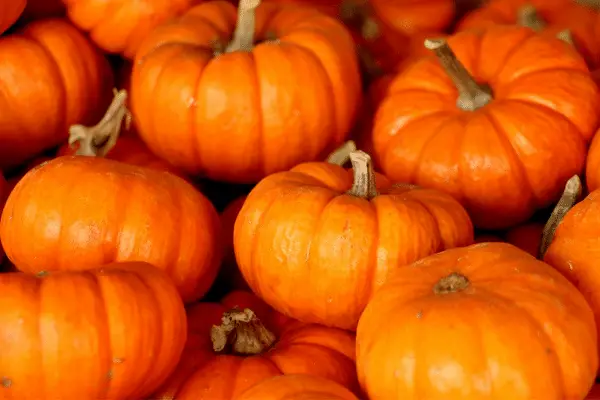
Next comes everybody’s favorite pumpkins!
Although pumpkins are frequently accessible during winter, they have a wide range of culinary applications. It is a star of a variety of sweet and savory meals.
Additionally, pumpkins can serve as a good alternative for squash in sweets, preserves, salads, and soups, because both have a very similar taste. In short, pumpkins are perfect for any dish that calls for squash.
It is one of the lowest-calorie food which is packed with a lot of nutrients including carbs, protein, vitamins, and minerals. So, don’t worry about its nutritional efficacy at all!
#4 Cucumber
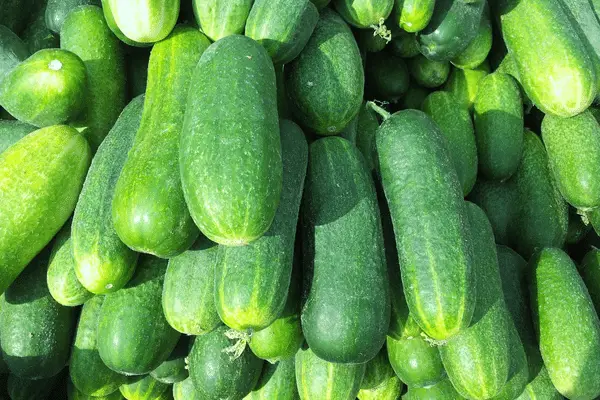
If you are looking for a cool, low-calorie, and well-hydrated option for substituting squash, cucumber must be your go-to option.
Cucumber can easily replace squash in salads and dressings. All recipes benefit from the juicy, fresh flavor that chopped cucumbers bring.
When preparing vegan noodles, cucumbers are a suitable alternative if you’re out of summer squash. However, keep in mind that because they leak a lot of water and taste when boiled and baked, cucumbers may not be a suitable option and require extra care while handling.
#5 Carrots
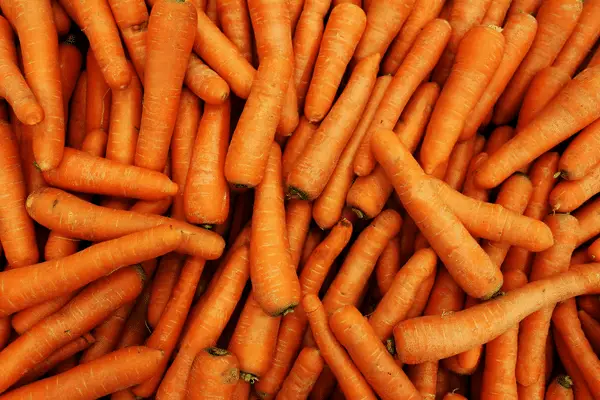
Despite not being a member of the squash family, carrots work well in several recipes in place of squash.
Due to their adaptability, carrots can be used in both savory and sweet cuisines.
Other summer squash alternatives, including butternut squash, pair particularly nicely with carrots. The two can be combined in soups and curries. Also, carrots along with zucchini and other squashes are a great choice for making colorful noodles.
#6 Sweet Potato
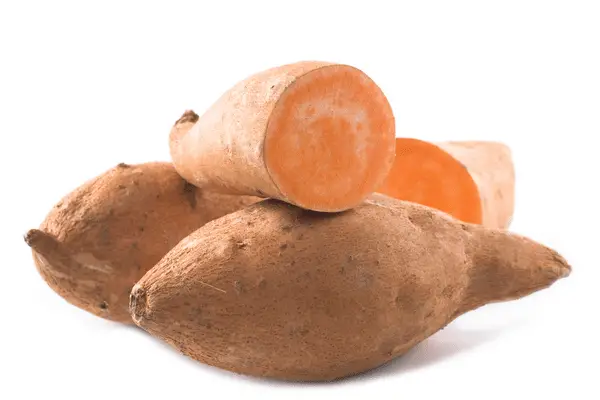
Sweet potatoes are an excellent source of vitamins and minerals without adding too many carbohydrates to your diet. And that makes them a great substitute for squash.
Consuming sweet potatoes is likely to strengthen your immune system, encourage digestive health, and support clear vision.
If you are to bake them, it is better to cook them before. This will get you soft and stringy flesh during cooking.
The sweet potatoes crisp up and caramelize when fried or roasted over high heat. Thus, all desserts, from pies to cheesecakes, benefit greatly from the addition of sweet potatoes.
#7 Zucchini
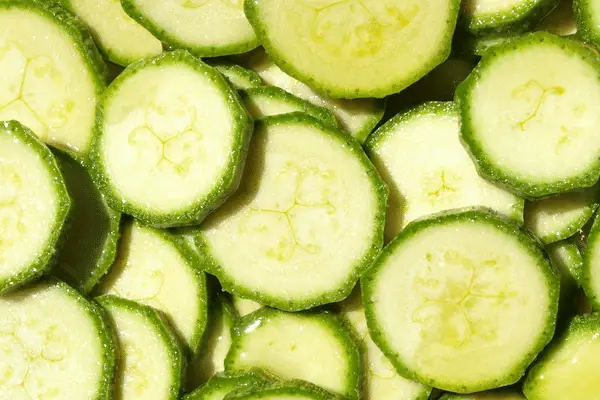
Zucchini is another suitable squash replacement. Similar to eggplants, zucchini is commonly found in grocery shops and is a less expensive option to go for.
It must be noted that zucchini has a different flavor and doesn’t have the same hue as squash. However, both zucchini and squash puree function similarly, so you can use them in the same recipes.
Because it has a less sweet flavor, zucchini is only good in salty meals so it might be the perfect choice for making vegan noodles.
#8 Yellow Squash
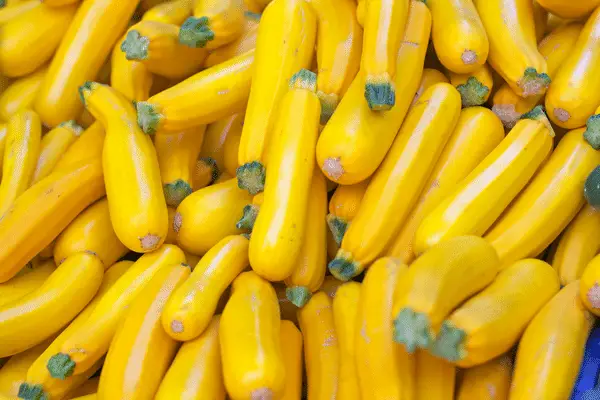
Last but not the least, we have a variant of squash that can be served as its potential substitute. It is yellow squash.
The majority of your neighborhood shops and grocery stores will be carrying yellow squash with ease. And thus yellow squash can simply be used in place of summer squashes. It not only matches the mildly sweet and bitter squash flavor but adds vibrant colors to dishes also.
To achieve the precise flavor profile of squash in their recipes, some individuals combine yellow squash with zucchini. Additionally, combining yellow squash and zucchini is a fantastic way to add color, especially to vegan dishes.
Yellow squash offers several great health advantages. It is well known to decrease cholesterol while offering a satisfying dinner. It also contains various nutrients and antioxidants that will ensure that your body is protected from free radicals and other damage. That being said, the fat intake will be less and it also has lutein and beta-carotene.
